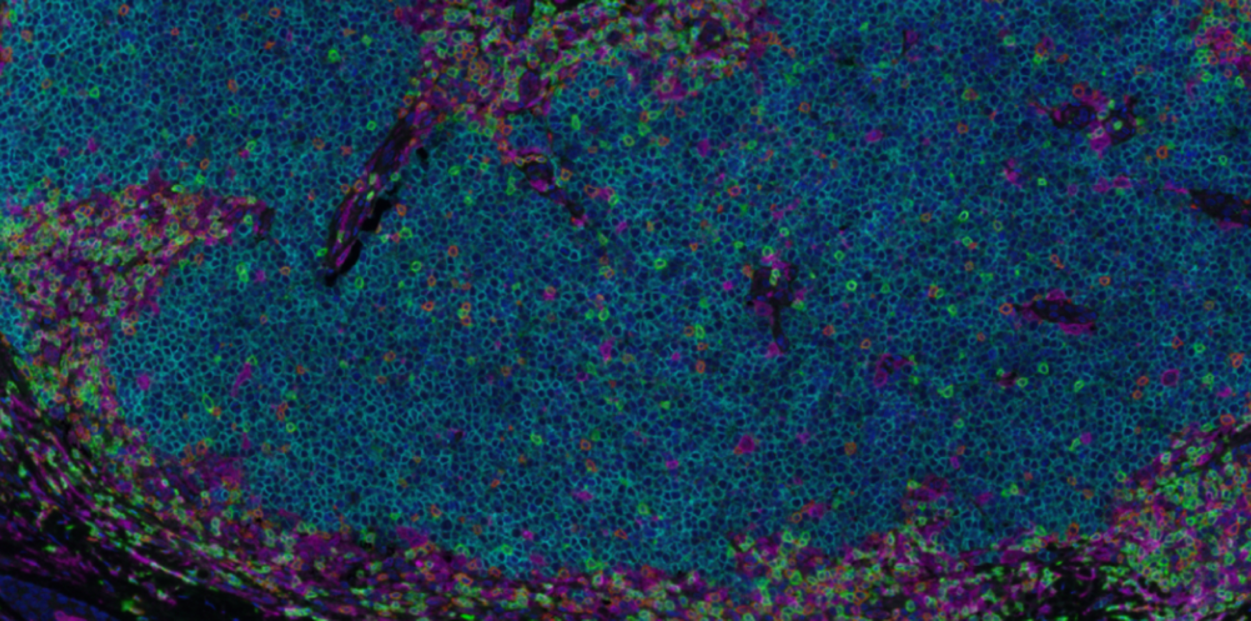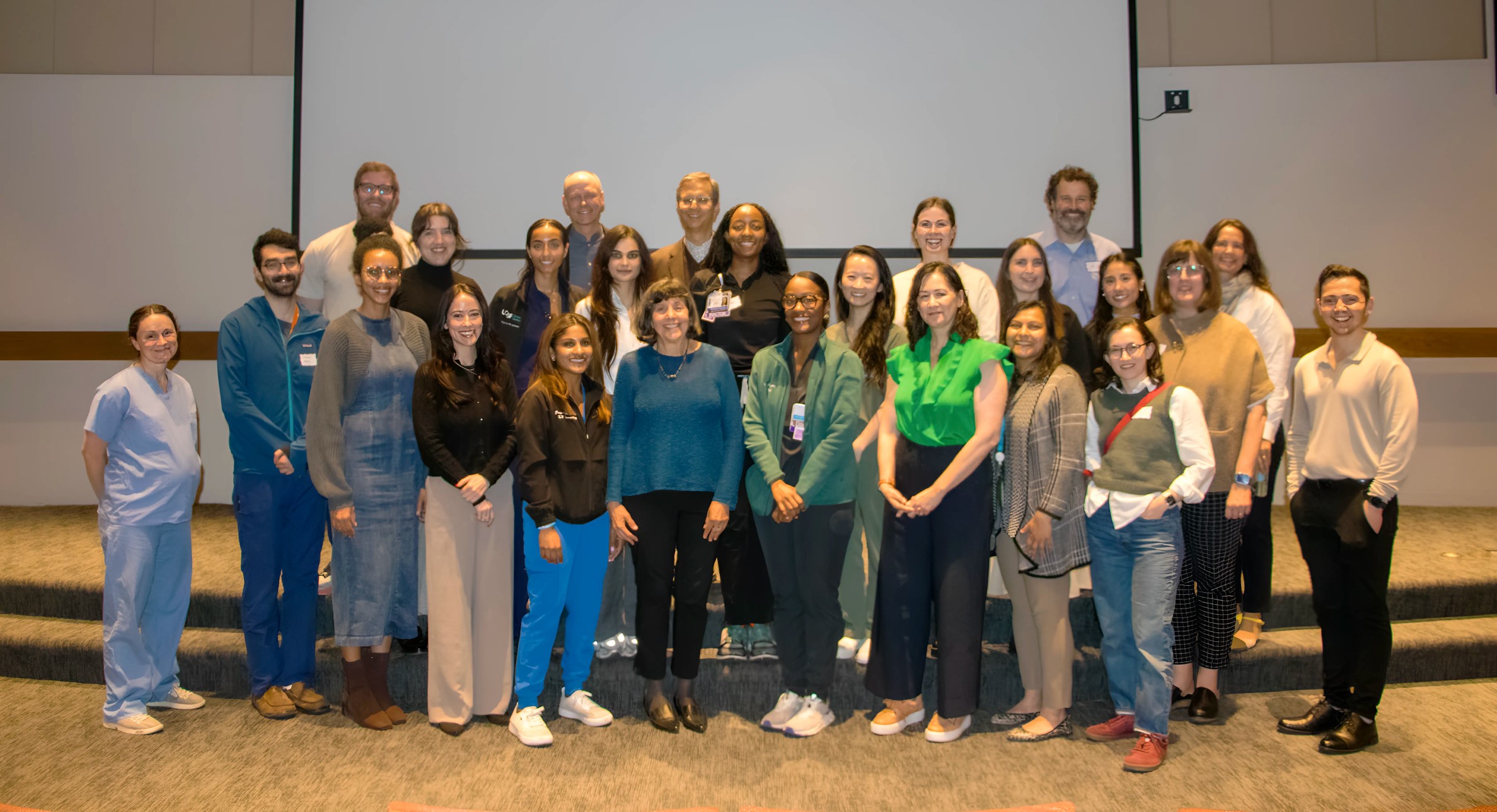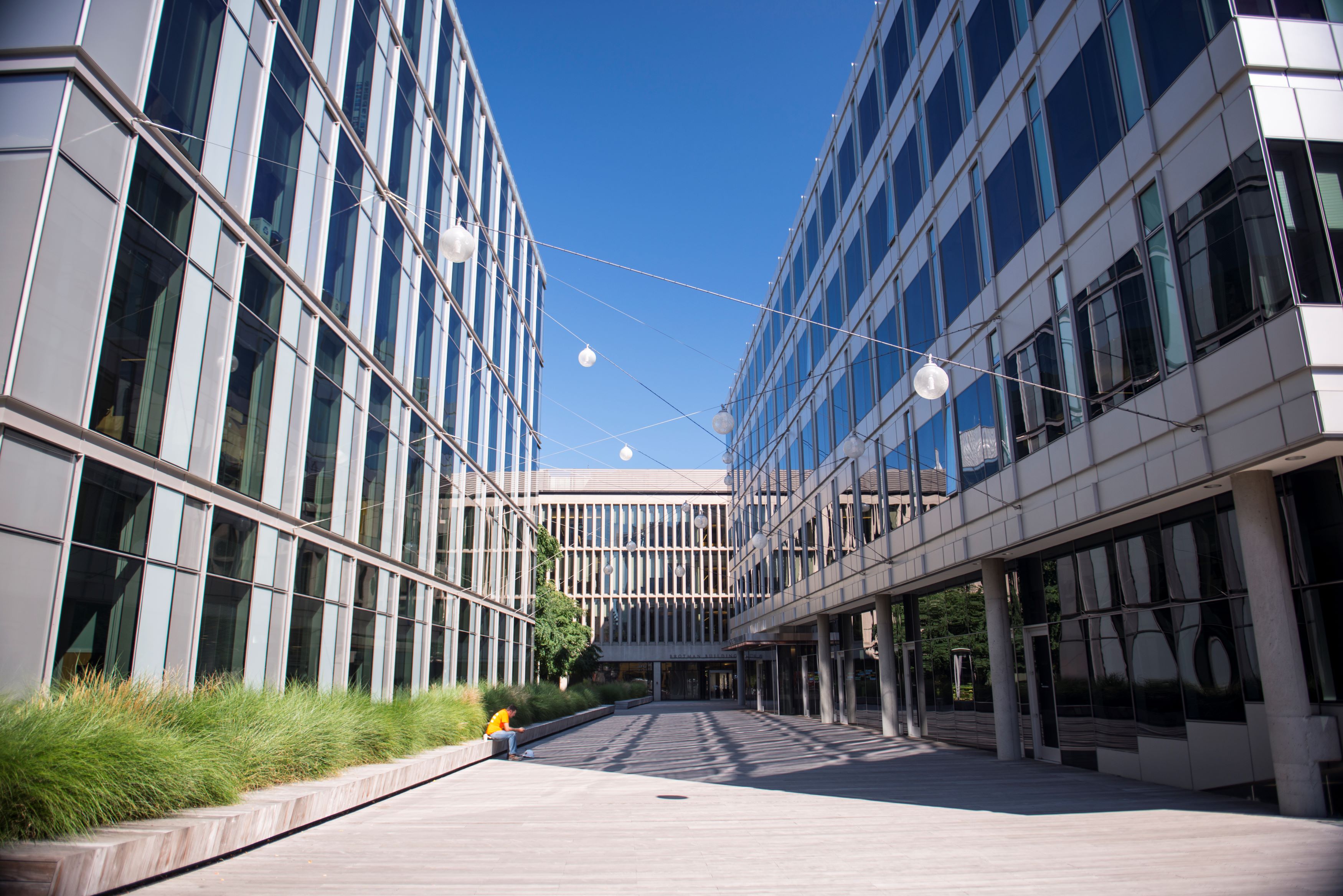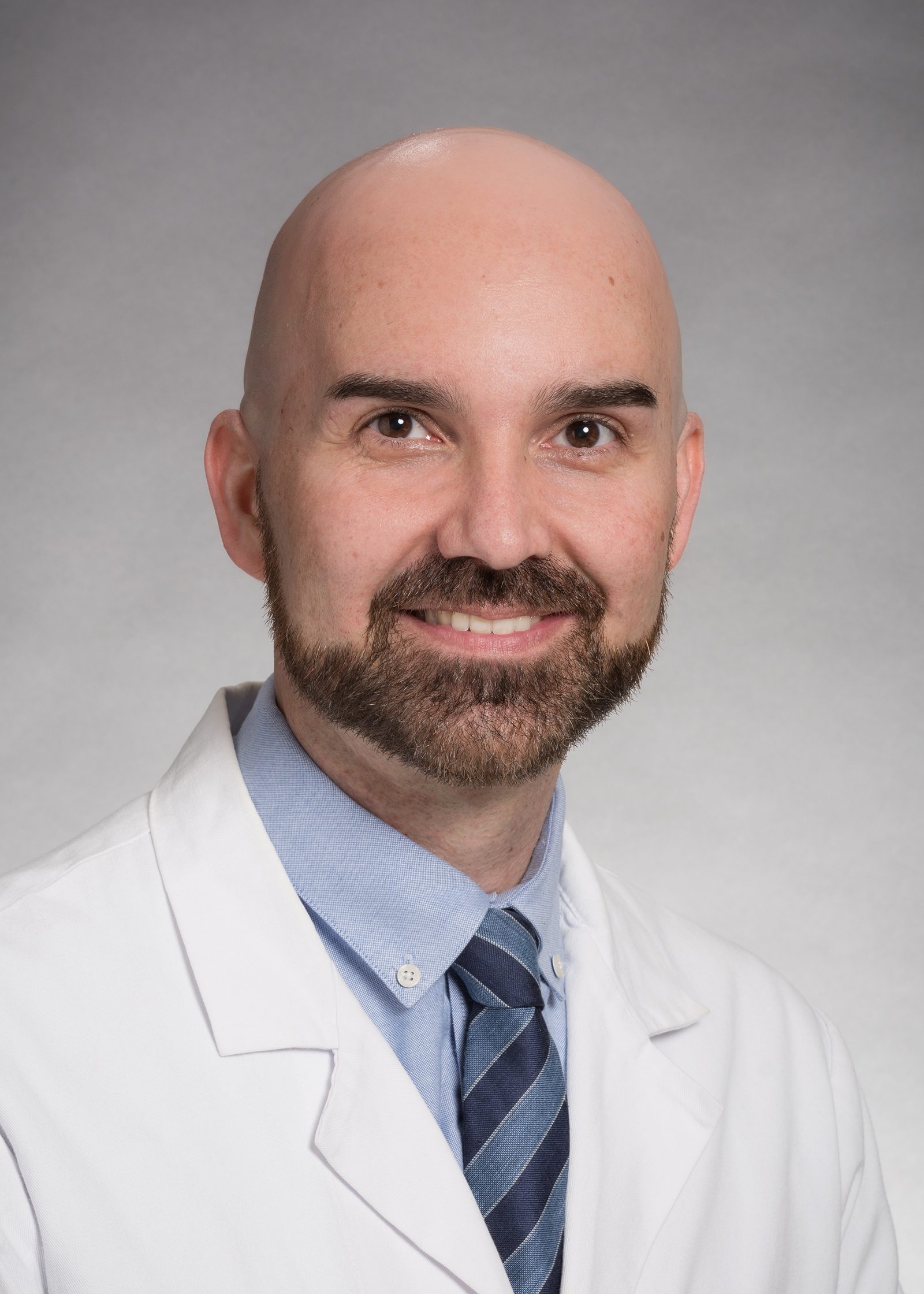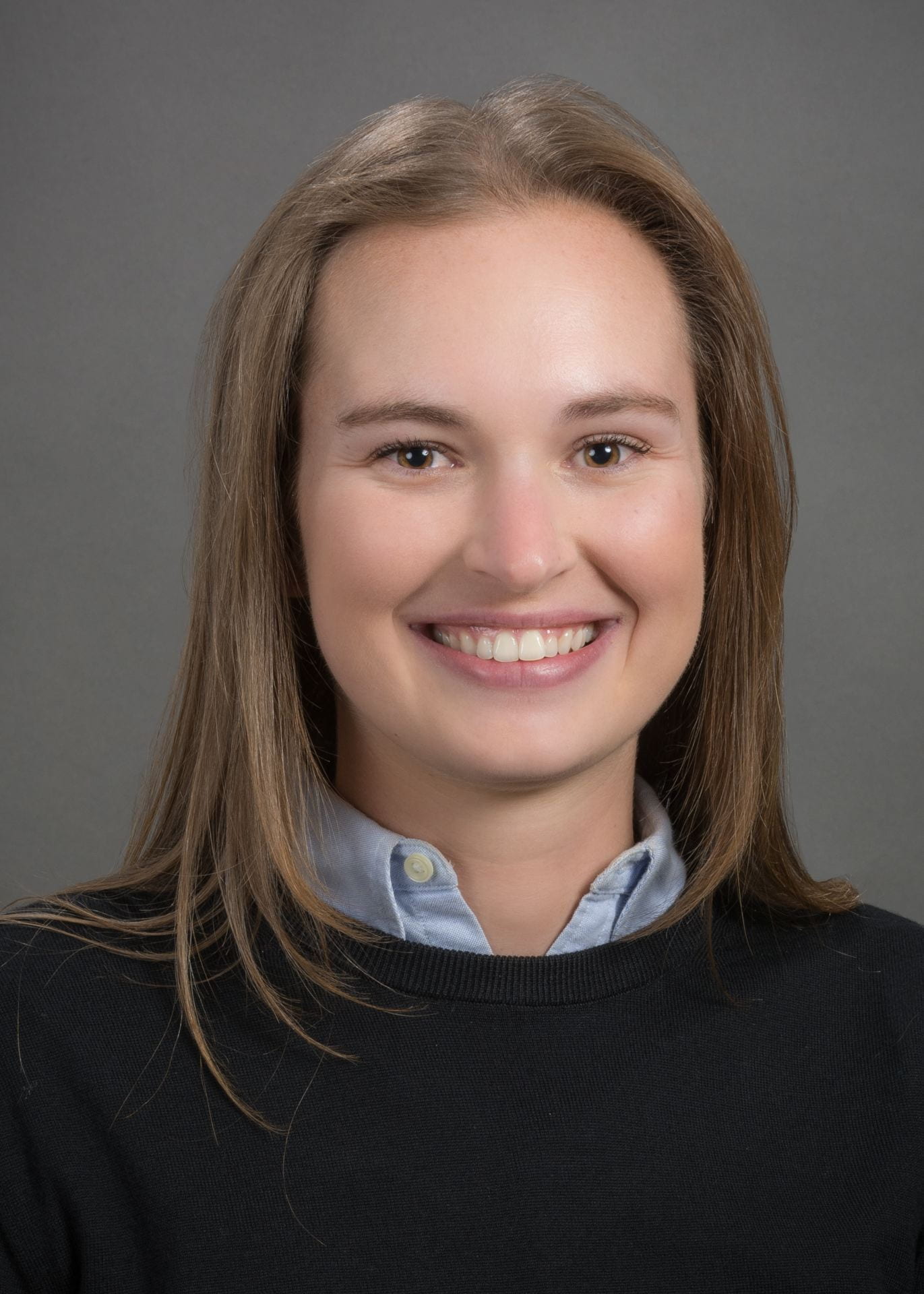UW Dermatology Participates in ISID 2023
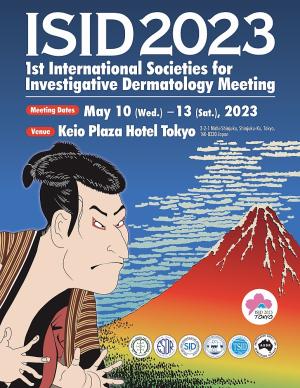
 UW Dermatology is honored to have several faculty, trainees and research staff participate or have their research featured at the 2023 International Societies for Investigative Dermatology (ISID) Meeting, May 10-13, 2023, in Tokyo, Japan.
UW Dermatology is honored to have several faculty, trainees and research staff participate or have their research featured at the 2023 International Societies for Investigative Dermatology (ISID) Meeting, May 10-13, 2023, in Tokyo, Japan.
Congratulations Research Teams! Special thank you to the Society for Investigative Dermatology (SID) for providing funding for trainee travel grants.
UW Dermatology Research Featured at ISID
A human tissue model of Darier disease reveals MEK as a novel therapeutic target downstream of SERCA2 deficiency
S. A. Zaver1, M. Sarkar2, A. Tiwaa1, J. Zou3, S. Egolf3, B. Capell3, J. Gudjonsson2, C. L. Simpson1
1 Dermatology, University of Washington School of Medicine, Seattle, Washington, United States, 2 Dermatology, University of Michigan, Ann Arbor, Michigan, United States, 3 Dermatology, University of Pennsylvania, Philadelphia, Pennsylvania, United States
Circulating tumor DNA reflects tumor burden and detects early recurrence in patients with Merkel cell carcinoma
T. Akaike1, D. S. Hippe2, N. So3, N. Maloney3, L. Gunnell1, E. Hall1, A. Rodriguez4, A. Aleshin4, P. Nghiem1, L. Zaba3
1 University of Washington, Seattle, Washington, United States, 2 Fred Hutchinson Cancer Research Center, Seattle, Washington, United States, 3 Stanford University School of Medicine, Stanford, California, United States, 4 Natera, Inc, Austin, Texas, United States
Merkel polyomavirus antibody testing for detecting recurrent Merkel cell carcinoma: A prospective, real-world outcomes study
L. Gunnell1, T. Akaike1, K. Lachance1, D. S. Hippe2, K. Cahill1, C. Doolittle-Amieva2, 1, L. Zawacki1, S. Park1, 2, P. Nghiem1, 2
1 University of Washington Department of Medicine, Seattle, Washington, United States, 2 Fred Hutchinson Cancer Research Center, Seattle, Washington, United States
The impact of mental health comorbidities on patient satisfaction: A population study among U.S. adults with skin cancer
C. Read2, 1, 3, J. F. Apperley2, S. P. Hettiaratchy2, A. Armstrong1
1 Dermatology, University of Southern California, Los Angeles, California, United States, 2Medicine, Imperial College London, London, United Kingdom, 3Dermatology, University of Washington, Seattle, Washington, United States
Genetic and transcriptional signatures of merkel cell carcinoma-specific B cells suggest a functional role in modulating cancer immunity
A. J. Remington1, 2, H. J. Rodriguez1, 2, T. Pulliam1, M. D. Gray2, J. J. Taylor2, P. Nghiem1
1 Division of Dermatology, University of Washington, Seattle, Washington, United States, 2Vaccine and Infectious Disease Divison, Fred Hutchinson Cancer Center, Seattle, Washington, United States
Immunotherapy efficacy in Merkel cell carcinoma is affected by the presence and type of immunosuppression: Analysis of 183 patients
E. Gong1, D. S. Hippe1, X. Fan1, L. Zawacki1, 2, A. J. Remington1, A. Menon1, K. Lachance1, T. Akaike1, S. Park1, P. Nghiem1
1 University of Washington, Seattle, Washington, United States, 2Washington State University, Pullman, Washington, United States
TEX264 drives autophagic degradation of the endoplasmic reticulum in keratinocytes during epidermal differentiation and upon ER stress
C. L. Simpson, C. J. Johnson, A. Tiwaa
Dermatology, University of Washington, Seattle, Washington, United States
Ferroptosis enhances epidermal cornification through transcriptional and metabolic reprogramming
N. Kuprasertkul1, 2, C. Magahis1, S. Egolf1, 2, C. L. Simpson3, C. Mesaros4, K. E. Wellen5, 2, B. C. Capell1, 2
1 Dermatology, University of Pennsylvania, Philadelphia, Pennsylvania, United States, 2Penn Epigenetics Institute, University of Pennsylvania, Philadelphia, Pennsylvania, United States, 3Dermatology, University of Washington, Seattle, Washington, United States, 4Pharmacology, University of Pennsylvania, Philadelphia, Pennsylvania, United States, 5Cancer Biology, University of Pennsylvania, Philadelphia, Pennsylvania, United States
Ablating ATP2C1 in human keratinocytes impairs intercellular adhesion, disrupts epidermal integrity, and reveals therapeutic targets for Hailey-Hailey disease
J. L. Ayers1, A. Tiwaa1, M. K. Sarkar2, J. Gudjonsson2, C. L. Simpson1
1 Dermatology, University of Washington, Seattle, Washington, United States, 2Dermatology, University of Michigan, Ann Arbor, Michigan, United States



